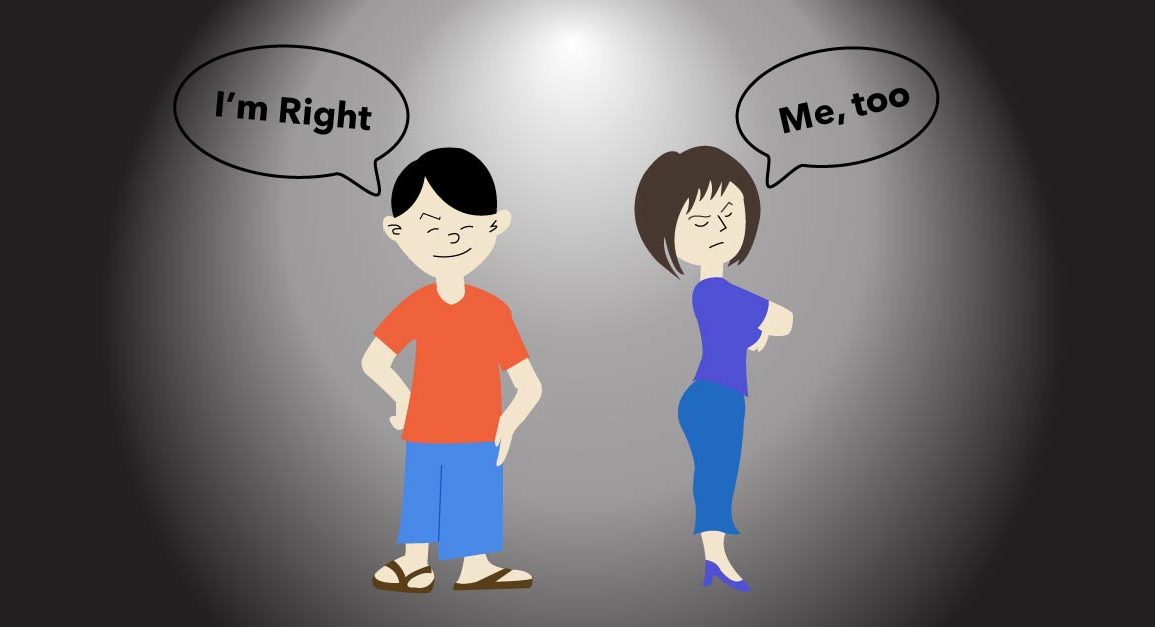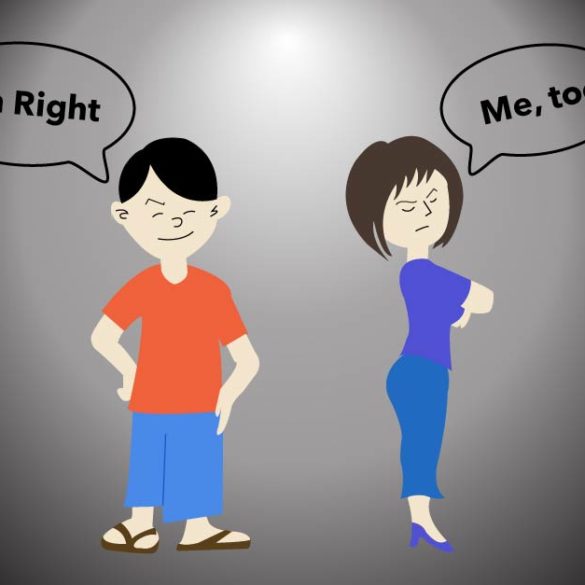Cable news lingered in the background as my family ate dinner in late June of 2015. This is how most family dinners went—my dad turned the TV to face the dining room table, the remote next to his silverware to adjust the volume as needed. Family dinners in my home are often accompanied by political discussion, and this night was no exception.
The marriage equality ruling by the Supreme Court had occurred just a few days prior, and the story on the news speculated about what this meant for our nation. My dad and I began our usual political discourse. We would make snide comments toward one another, a conversation would escalate into a heated argument, and then my mom would tell us we were ruining dinner and needed to stop talking. This evening, however, was more frenzied than usual, and at one point, we were shouting at each other across the table. My mom ended the conversation when she shouted over us, stating that we were no longer allowed to discuss politics because we couldn’t talk about them—we only argued about them.
Since that day, my dad and I rarely engage in political discussion. When we do, it often has a similar outcome—my mom stepping in and reminding us we are not allowed to talk about politics. This semester, Ball Bearings has built a conversation around the issues that divide our nation. Our cover story (“Why We Think We’re Right”), delves into the psychological reasons behind our inability to compromise—the same reasons that have forced my dad and I to stop discussing politics altogether.
With this edition of our magazine, we aim to build a dialogue around these polarizing issues that allow little room for compromise in our society, including guns, drug legalization, and immigration. As our nation becomes more divided, there is less room for common ground and understanding, which affects Congress’ ability to pass legislation, but also our ability to compromise and understand in our daily lives.
We are not taking a political side with this edition of our magazine. Rather, we aim to demonstrate that the issues we perceive as black and white often have gray areas in between that need to be examined for an issue to be fully understood.
Our generation is the future of our nation. If we can’t learn to recognize our own biases and understand the perspectives of those we disagree with, we will continue to polarize our nation and leave less room for understanding and compromise.




